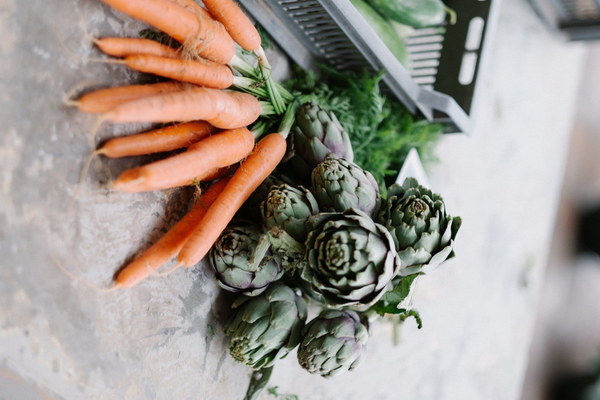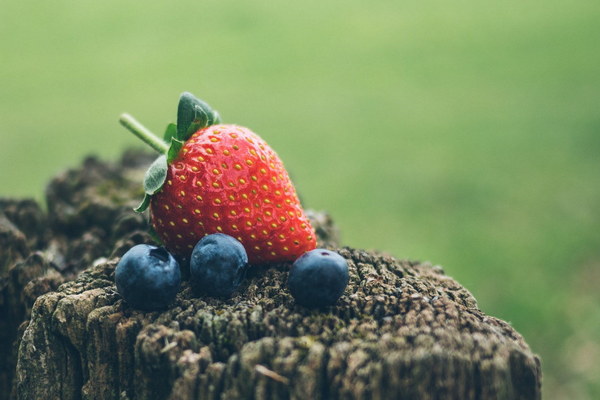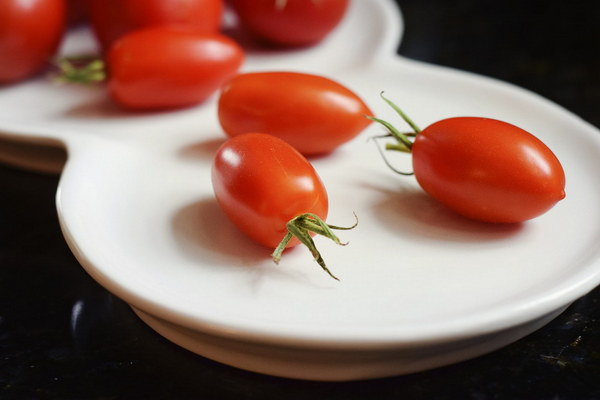Unveiling the Secrets of Herbal Remedies The Power of Natural Wetness-Relieving Medicines
Introduction:

Wetness or dampness, known as Dampness in traditional Chinese medicine, is considered an imbalance in the body's fluids, often leading to various health issues. The concept of dampness is deeply rooted in Chinese medicine and is often treated with herbal remedies. This article aims to explore the secrets of herbal medicines that help alleviate dampness and their significance in maintaining a balanced body.
1. Understanding Dampness:
Dampness is believed to be caused by an excess of moisture in the body, leading to discomfort and various health problems. It is often characterized by symptoms such as fatigue, bloating, edema, loose stools, and a feeling of heaviness. Traditional Chinese medicine views dampness as a result of external factors, such as humidity, and internal factors, such as improper diet and lifestyle.
2. Herbal Remedies for Dampness:
Herbal remedies have been used for centuries to treat dampness. These natural medicines work by removing excess moisture from the body and balancing the body's fluids. Here are some commonly used herbal remedies for dampness:
a. Astragalus (Astragalus membranaceus):
Astragalus is a well-known herb in traditional Chinese medicine, known for its immune-boosting properties. It is also effective in treating dampness by promoting the flow of Qi (vital energy) and removing excess moisture from the body. Astragalus is often combined with other herbs to enhance its dampness-relieving effects.
b. Poria (Poria cocos):
Poria is a potent herb used to treat dampness and improve water metabolism. It has diuretic properties that help eliminate excess fluid and reduce bloating. Poria is commonly used in combination with other herbs, such as Atractylodes and Cinnamon, to create a synergistic dampness-relieving formula.
c. Atractylodes (Atractylodes macrocephala):
Atractylodes is a vital herb in treating dampness. It has the ability to drain dampness and improve digestion. Atractylodes is often combined with other herbs, such as Poria and Cinnamon, to enhance its dampness-relieving properties.
d. Cinnamon (Cinnamomum cassia):
Cinnamon is a warming spice that helps to expel dampness from the body. It has anti-inflammatory properties and improves blood circulation. Cinnamon is often used in combination with other herbs, such as Atractylodes and Poria, to create a potent dampness-relieving formula.
3. Benefits of Herbal Remedies for Dampness:
Using herbal remedies for dampness offers several benefits:
a. Natural Approach: Herbal remedies are derived from natural sources and are considered safe for long-term use.
b. No Side Effects: Unlike synthetic drugs, herbal remedies are less likely to cause adverse side effects.
c. Holistic Treatment: Herbal remedies address the root cause of dampness, rather than just the symptoms.
d. Complementary Therapy: Herbal remedies can be used alongside other treatments, such as acupuncture and dietary changes, to enhance overall health.
Conclusion:
Herbal remedies have been a cornerstone of traditional Chinese medicine for thousands of years. By targeting the root cause of dampness, these natural medicines offer a safe and effective way to alleviate discomfort and maintain a balanced body. Incorporating herbal remedies into your wellness routine can lead to a healthier, more vibrant life.









